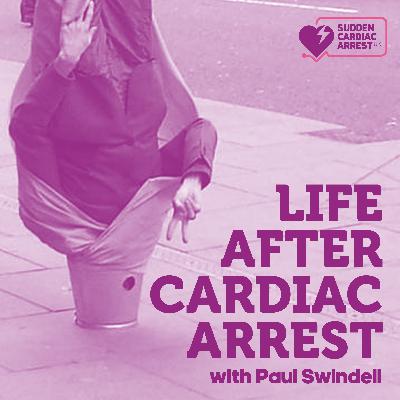
Life After Cardiac Arrest
Author: Paul Swindell
Subscribed: 20Played: 343Description
The Life After Cardiac Arrest podcast is hosted by survivor Paul Swindell and is conversations with people who's lives have been affected by a cardiac arrest, whether that be as a patient, partner, life saver or health professional. The podcast aims to give insight, information and hope to any others going through this life changing event.
A cardiac arrest is when someone's heart stops beating due to an electrical malfunction, it's different to a heart attack, which is a "plumbing" problem, although many cardiac arrests are caused by a heart attack.
Someone in cardiac arrest could be said to be clinically dead, and if no intervention is made they will unfortunately stay that way and die. In the UK only 8% survive this event, and with an estimated 250 taking place each day there is a growing number of survivors.
A thriving peer support community - Sudden Cardiac Arrest UK - has grown out of the need for more information and help for survivors and their families post discharge. The NHS and chain of survival are doing remarkable things in helping people survive but unfortunately the system hasn't yet caught up with the problems that survivors and their families are experiencing after this life changing event.
If you have been affected by a Sudden Cardiac Arrest, come and join over a thousand others at:
facebook.com/groups/SuddenCardiacArrestUK
Hosted on Acast. See acast.com/privacy for more information.





